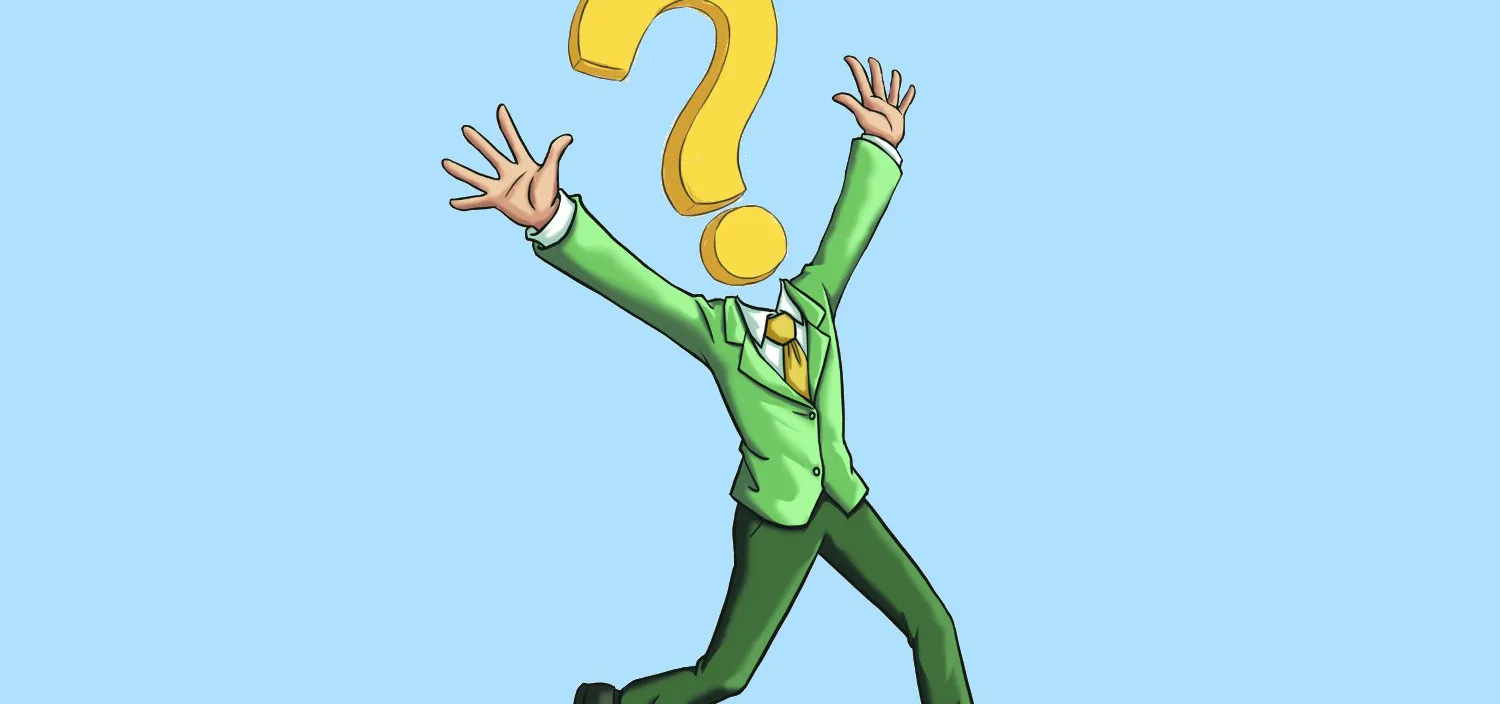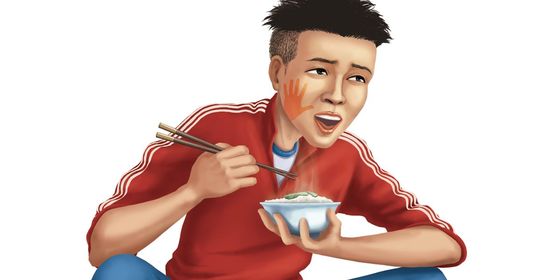Tips to making it in China’s counterfeit culture
China is a place where counterfeiting is not just popular, it’s a vibrant culture. From eggs made from calcium chloride and gelatin to cafés named “Sunbucks” (or worse), there are knockoff versions of almost every product imaginable. But “fake” doesn’t just refer to copycats.
People can use “fake” (假 jiǎ) to refer to almost anything in everyday life. As one of the most popular slang terms in China, its origin is hard to figure out, but it’s an all-purpose expression to convey any strong emotion—excitement, disappointment, disagreement, and, most frequently, surprise.
On March 8, perhaps the greatest comeback in footballing history occurred at the Nou Camp in Barcelona. Paris Saint-Germain was supposed to have ended Barcelona’s ruling dynasty with a 4-0 win at the Parc des Princes in the first leg of their Champions League round of 16 matchup, but Barcelona miraculously scored six in their second game, advancing to the quarterfinals with a 6-5 aggregate victory. Chinese football fans came up with their own response to this historic match (the first time a Champions League team has come back from a four-goal deficit) by joking that it was so unexpected, it must have been fake: 我一定是看了一场假的欧冠! (Wǒ yīdìng shì kànle yī chǎng jiǎ de ōuguān! I must have watched a fake Champion League game!)
The expression is often used for mockery. Earlier this year, at the 89th Academy Awards, Faye Dunaway and Warren Beatty incorrectly announced the winner for the Best Picture award as La La Land, instead of Moonlight. Such an embarrassing situation, of course, deserves a sharp rebuke: 这一定是一届假的奥斯卡颁奖典礼! (Zhè yīdìng shì yī jiè jiǎ de àosīkǎ bānjiǎng diǎnlǐ! It must be a fake Oscar award ceremony!)
It’s more of a joke than acerbic criticism. In a friendly debate, this buzzword can defuse tension and add humor. Like when your friend complains that they don’t like Sichuan cuisine because it’s nothing but spicy, you can say: “你一定吃了假的川菜。辣只是川菜的一小部分。” (Nǐ yīdìng chīle jiǎ de chuāncài. Là zhǐshì chuāncài de yī xiǎo bùfèn. You must have eaten fake Sichuan food. Spiciness is just a small part of it.)
When it comes to complaining, things become even simpler. For anything you dislike, the word “fake” is enough to dismiss it: If a book is boring, then the author is fake; a movie sucks because the director is fake; an album disappoints you, the musician must be fake. Real Madrid lost the game? That’s because a fake Cristiano Ronaldo was playing on the pitch! Husband forgot your birthday? Must be a fake husband.
Not everything “fake” is necessarily bad. In some cases, something might just be too good to be true. Imagine: your bad-tempered boss suddenly offers you a bonus, the lottery ticket you bought wins five million RMB, and your lost puppy comes home all by itself after two weeks: 今天一定是假的一天! (Jīntiān yīdìng shì jiǎ de yītiān! Today must have been a fake day!)
Faking It is a story from our issue, “Wheel Life China.” To read the entire issue, become a subscriber and receive the full magazine. Alternatively, you can purchase the digital version from the App Store.














